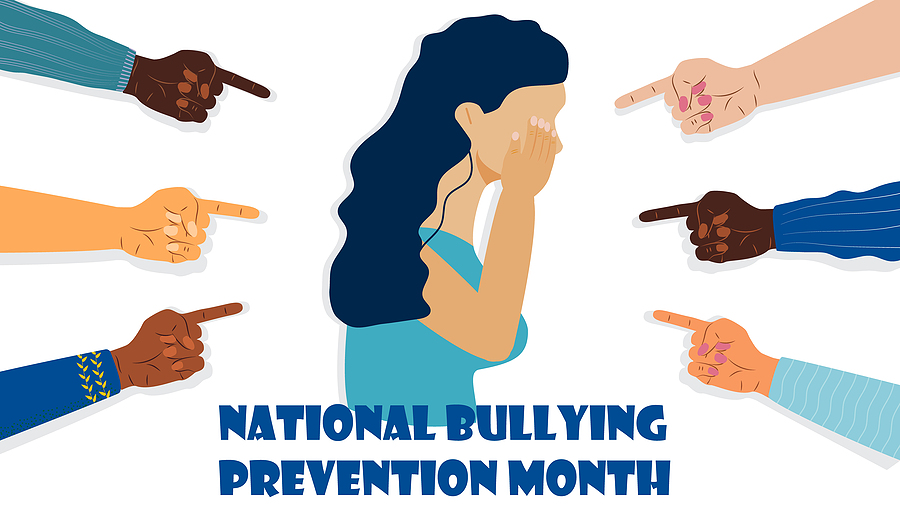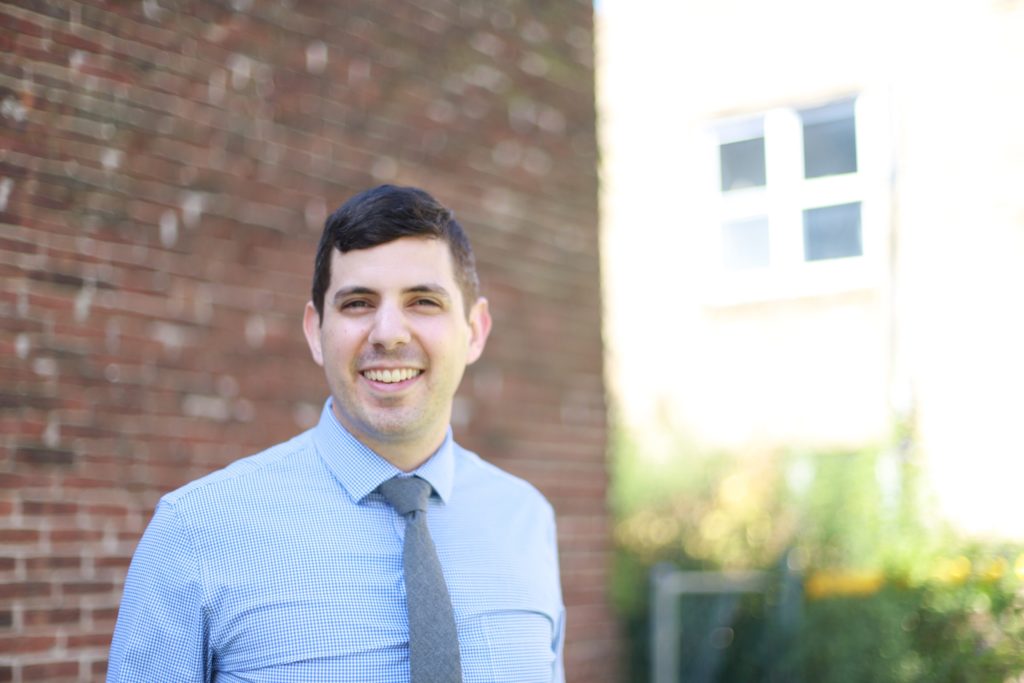
Thanksgiving Week is here! If you have kids at home, what that probably means is looking for ways to keep them active and engaged. That’s a problem for many households this year, because the activities we’re used to around Thanksgiving Break just aren’t happening this year.
If you’re looking for ways to engage your student this week, here are ten ideas to spark your creativity, and to jump-start some good and fun times with your kid. A couple of these ideas are adapted from the blog post 16 Free or Cheap Things to Do With Your Kids During the COVID-19 Pandemic on Kiplinger.com.
- Make a treat for a neighbor. No reason for this, other than they’re your neighbor! Be spontaneous and make some cookies, a loaf of pumpkin bread, or even just a pan of brownies from a box. Make sure your student washes his or her hands before they start (and make sure neither of you are showing any symptoms of illness—if you are, this might not be the thing to do until you’re better). Ask your student to make a colorful card to go along with the goodies. Wrap your treat in plastic wrap, leave it on your neighbor’s doorstep, and then call or text them for a contactless fun time!
- Cook a meal together. Sometimes, the best times a family spends together can be in the kitchen. Do you have a favorite meal? Teach your student how to prepare it as you make it together. Talk with your student about your history with that particular food—why you like it, when you first had it, your biggest cooking fail, etc. Just have fun connecting with your student while you teach them how to cook!
- Color together. Adult coloring is a new fad, but I’ll tell you what…few things are as relaxing as sitting down with a student and coloring a picture together with good, old-fashioned wax crayons! Leave the hectic and crazy world of 2020 behind, and let your biggest decision for the next hour be whether to make the sky pink or purple. And—no skill required! You can have some great, spontaneous interactions with your student around an activity like this. And it feels special just to do something together. You can print some great free coloring pages from Crayola.com.
- Take a virtual museum, zoo, or aquarium visit. Okay, I know that it isn’t everyone’s cup of tea to go to a museum. But there are all kinds of museums out there—and this way, if you get bored, you can just click “Close”! And it’s all free! The Philadelphia Zoo has a bunch of informational and fun recorded introductions to its animals. The Smithsonian Museum of Natural History walks you through many of its exhibits. The Pittsburgh Children’s Museum’s Museum At Home Page provides virtual tours and instructions for at-home activities you and your student can do together.
- Have a family Bible study. Turns out, Bible studies don’t have to be limited to just reading! God wants His people to dig into His Word, to understand it, and to be changed by it. The Center for Parent and Youth Understanding is a Christian nonprofit based in Lancaster, PA that has a whole host of resources for families. One of them is their Family TableTalk program, a series of free, downloadable PDFs that give parents and students an easy way to dig down deep into God’s Word.
- Make an Advent Calendar. Advent is the season of the Church Year that covers the four weeks before Christmas. During Advent, we remember why Jesus came as a real baby on Christmas—because we need Him to save us from our sins. Part of the fun of Advent is counting down the days until Christmas comes—and one way to do that is through an Advent calendar which (guess what!)—you can make at home! Parents Magazine gives you some instructions for easy to moderately challenging Advent calendars you can make with your student. Extra points if you can find ways to incorporate Scripture verses into your Advent calendar!
- Make a Scripture Tree. Great way to claim those extra points from #6! Use a small artificial tree, some paper, and some twine or string to make a Scripture Tree—a great way to read and memorize Scripture with your child during Advent. Use a small (two foot) artificial tree (or make a flat tree to hang on a wall from a piece of cardboard). Print out the Scripture verses from this web page on regular printer paper. Using scissors, cut the paper into strips so that one verse, Scripture reference, and day number are on each strip. Fold the strips in half, so that the printed side is on the inside of the fold. With a marker or pen, write the number of the day on the folded tip of the paper. If you’re using an artificial tree, use a hole punch to make a hole at the open end of each folded strip. Then use a piece of string or twine to tie it onto a branch of the tree, numbered side facing up. If you’re using a cut out, flat tree, forget the hole punch—just tape the folded strips to the tree, numbered side facing out. Now, each day during December, find the strip with the number corresponding to the day of the month, untie it, read it, and try to memorize it! Ask God to help you understand how that verse relates to the coming of Jesus as a baby in Bethlehem, what it means for His relationship with you now, and for His coming again!
- Have a scavenger hunt. Whether inside or outside your house, make a list of items for your student to find. If your student has siblings, have them play either against each other or as a team.
- Play Twenty Questions. It’s a great game requiring nothing other than imagination and a little time. Play with your student or as a family. Here are simple instructions about how to proceed.
- Have some online fun together with Google Arts & Culture. Google Arts & Culture is an interactive feature that challenges students to exercise their imagination, to learn about the world around them, and to have fun while doing so. One note for parents and guardians, though: this Google feature is not Christian-friendly and may have some links to activities or information you might find objectionable. As with all activities, do them alongside your student and help them understand what they see and experience from a Christian perspective.
Powered byGST Registration

Tim Geiger (M.Div.) is Executive Director of Children's Jubilee Fund. Born and raised in Philadelphia, Tim has lived in or around the city most of his life. His undergraduate studies done at the Community College of Philadelphia, Tim went on to earn a Master of Divinity Degree from Westminster Theological Seminary. He is ordained as a Teaching Elder in the Presbyterian Church in America. Prior to serving at Children's Jubilee Fund, Tim worked for the Internal Revenue Service, The Alliance of Confessing Evangelicals, and Harvest USA, where he also served as Executive Director and then President from 2012-2019. Tim lives with his wife and daughter just outside of Philadelphia.

Children's Jubilee Fund is a 501(c)(3) organization established in 1997 to provide tuition grants to Christian schools in the Philadelphia metro area that serve lower-income students. These grants are then awarded by the schools as scholarships to students who meet income and residency guidelines. Each year, Jubilee provides hundreds of thousands of dollars in grants that, in turn, help hundreds of students in Philadelphia, Delaware, Montgomery, and Camden Counties achieve their God-given academic and personal potential. Children's Jubilee Fund is an entirely donor-supported organization.









 The second thing Jim said helps students succeed at LOGAN Hope is the school’s commitment to small class size. Classes typically consist of 10-12 students, fostering the close, personal relationships mentioned above. That kind of structure enables teachers to guide students based on the students’ own needs and strengths. It also fosters a sense of community within the class and the school—a sense of family.
The second thing Jim said helps students succeed at LOGAN Hope is the school’s commitment to small class size. Classes typically consist of 10-12 students, fostering the close, personal relationships mentioned above. That kind of structure enables teachers to guide students based on the students’ own needs and strengths. It also fosters a sense of community within the class and the school—a sense of family.